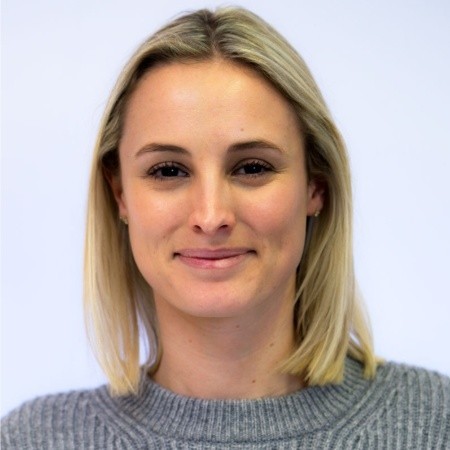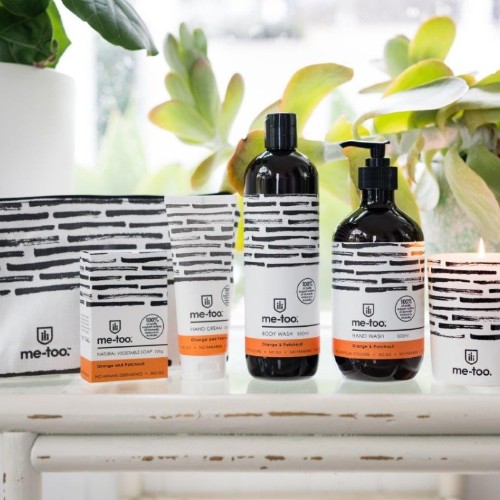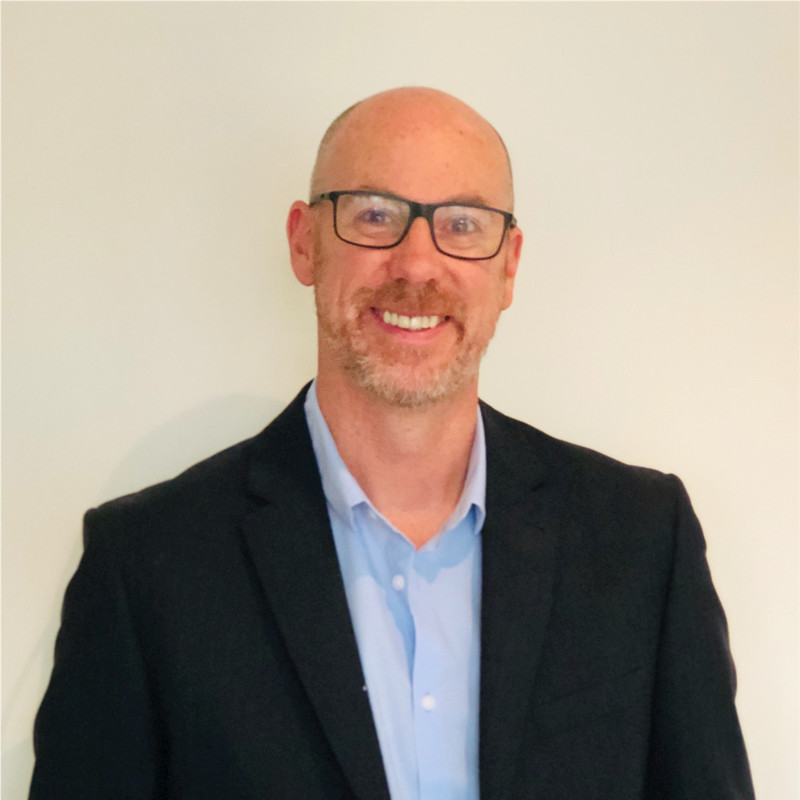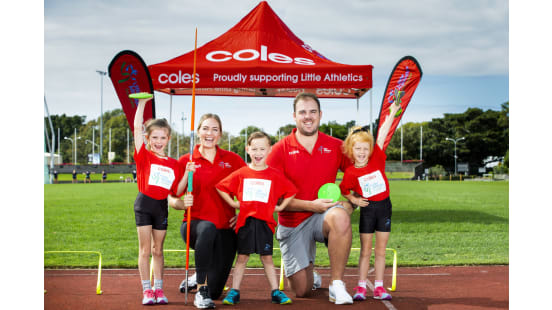Speaker flies the Australian Parliament House flag across the country
THE Speaker of the House of Representatives, Milton Dick MP, officially launched the Australian Parliament House (APH) Flag Roadshow yesterday at Jindalee State School in south-west Brisbane.
Under this program, the iconic flag that usually flies above Parliament House in Canberra will travel around Australia, accompanied by local Members of Parliament, visiting schools.
This is an extension of the Speaker’s existing civics program to increase access to civics education and opportunities to experience Australian democracy, outside Canberra. 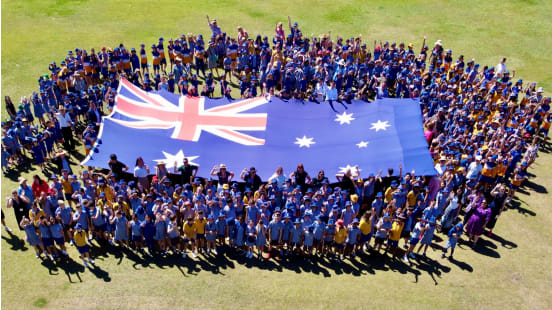
The APH Flag Roadshow program is designed to promote Australian democracy and is a gateway to broader discussions about civic engagement.
“The massive, iconic Parliament House Flag is something our young Australians should have the opportunity to see in real life,” the Speaker said.
“This is an important way we can encourage students to develop an interest in and understanding and appreciation of the Australian National Flag – in a very practical way.
“I look forward to working with MPs from across the political spectrum, to deliver this program to schools across the country.”
Jindalee State School was the first school to kick off this brand-new program. With teachers and student leaders carefully unrolling the flag, and around 600 students participating in the display of the 12.8m x 6.4m flag on their school oval.
Jindalee State School Principal Vanessa Munker said, “Our student leaders were very proud, that our school was chosen to have this iconic flag on our school oval.
“All of our students, from prep to year six, were very excited to hear that they were the first students in the country to take part in the unveiling before the flag travels to other schools across our nation.
“This is a wonderful initiative to help bring awareness of the history of the Australian flag, and it is a piece of parliament that not all students get to experience.”
The APH Flag Roadshow complements the Parliament in Schools program, established by the Speaker in September 2022. An initiative to bring Parliament to regional and remote schools across Australia who may not get the opportunity to visit Canberra.
The Parliament in Schools Program has been delivered to over 129 schools across Australia by the Speaker, in collaboration with the Parliamentary Education Office and local Members of Parliament.
ends

